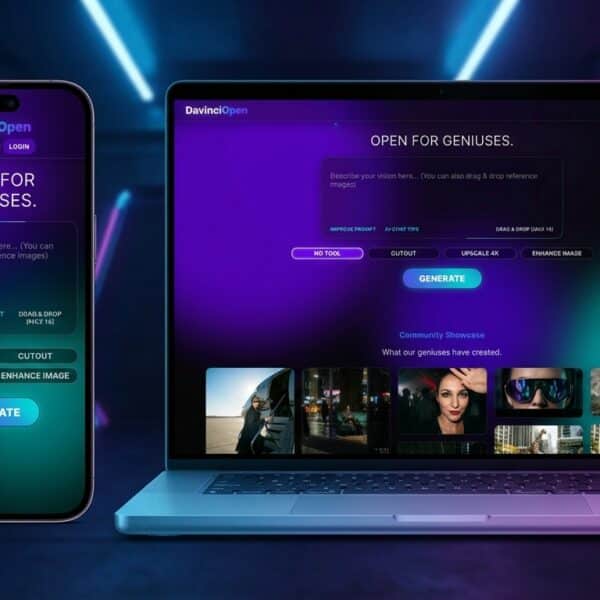Imagine having control over your personal health data, just like Elon Musk has control over his Space X missions. This is where Health Data Wallet Solutions come in, revolutionizing the way we manage our medical information.
Introduction to Health Data Wallets
Health Data Wallets are digital platforms that allow individuals to securely store, manage, and share their health data. This innovative concept is gaining traction, especially with the rise of TokenRobotic and other blockchain-based solutions. By utilizing Health Data Wallets, individuals can take charge of their medical records, ensuring that their sensitive information is protected and only shared with authorized parties.
Benefits of Health Data Wallets
The advantages of Health Data Wallets are numerous. For instance, they enable seamless communication between healthcare providers, patients, and insurers, reducing errors and improving overall care. Additionally, Health Data Wallets facilitate medical research by providing anonymized data, which can lead to breakthroughs in disease prevention and treatment. As noted by the Office of the National Coordinator for Health Information Technology, Health Data Wallets have the potential to transform the healthcare landscape.
Some of the key benefits of Health Data Wallets include:
- Enhanced security and privacy
- Improved data sharing and collaboration
- Increased patient engagement and empowerment
- Streamlined clinical workflows and reduced administrative burdens
- Support for personalized medicine and precision health
How Health Data Wallets Work
Health Data Wallets typically employ blockchain technology, which ensures the integrity and confidentiality of health data. This decentralized approach enables secure data storage, sharing, and management, while also providing a transparent and auditable record of all transactions. As explained by IBM, blockchain-based Health Data Wallets can help mitigate the risks associated with traditional, centralized data storage systems.
The process of using a Health Data Wallet involves the following steps:
- Registration and authentication: Users create an account and verify their identity.
- Data ingestion: Health data is collected from various sources, such as electronic health records (EHRs), wearables, and medical devices.
- Data storage: The collected data is stored securely in the Health Data Wallet.
- Data sharing: Users can share their data with authorized parties, such as healthcare providers or researchers.
- Data analysis: Advanced analytics and artificial intelligence (AI) can be applied to the data to gain insights and support informed decision-making.
Real-World Applications of Health Data Wallets
Health Data Wallets have numerous real-world applications, including:
- Patient-centered care: Health Data Wallets enable patients to take an active role in their healthcare, making informed decisions and managing their own data.
- Population health management: Health Data Wallets can help identify trends and patterns in population health, informing public health initiatives and policy decisions.
- Medical research: Health Data Wallets provide a secure and anonymized platform for sharing health data, supporting medical research and the development of new treatments.
- Value-based care: Health Data Wallets can facilitate the transition to value-based care models, which prioritize patient outcomes and quality of care.
For example, the National Institutes of Health (NIH) has launched initiatives to leverage Health Data Wallets for medical research, while companies like Apple are exploring the use of Health Data Wallets for patient-centered care.
Challenges and Limitations of Health Data Wallets
Despite the potential of Health Data Wallets, there are several challenges and limitations that need to be addressed. These include:
- Interoperability: Health Data Wallets must be able to communicate with different healthcare systems and platforms.
- Security: Health Data Wallets must ensure the confidentiality, integrity, and availability of health data.
- Scalability: Health Data Wallets must be able to handle large volumes of data and support a growing user base.
- Regulatory compliance: Health Data Wallets must comply with relevant regulations, such as the Health Insurance Portability and Accountability Act (HIPAA).
As noted by the Healthcare IT News, addressing these challenges will require collaboration between healthcare stakeholders, technologists, and policymakers.
Future Directions for Health Data Wallets
The future of Health Data Wallets is promising, with ongoing innovations and advancements in areas like AI, blockchain, and the Internet of Things (IoT). As the healthcare landscape continues to evolve, Health Data Wallets are likely to play an increasingly important role in shaping the future of healthcare.
Some potential future directions for Health Data Wallets include:
- Integration with emerging technologies, such as Microsoft Azure and Amazon Web Services.
- Expansion into new areas, such as Google Fit and Fitbit for wearables and fitness tracking.
- Increased focus on patient engagement and empowerment, through initiatives like Patient Engagement Hit.
To learn more about the latest developments in Health Data Wallets and TokenRobotic, visit our website and stay up-to-date on the latest news and trends in the field.
In conclusion, Health Data Wallet Solutions have the potential to revolutionize the way we manage our health data, enabling secure, personalized, and patient-centered care. As we move forward, it is essential to address the challenges and limitations of Health Data Wallets, while also exploring new opportunities for innovation and growth. To Discover more on TokenRobotic and the future of Health Data Wallets, visit our website today.







































